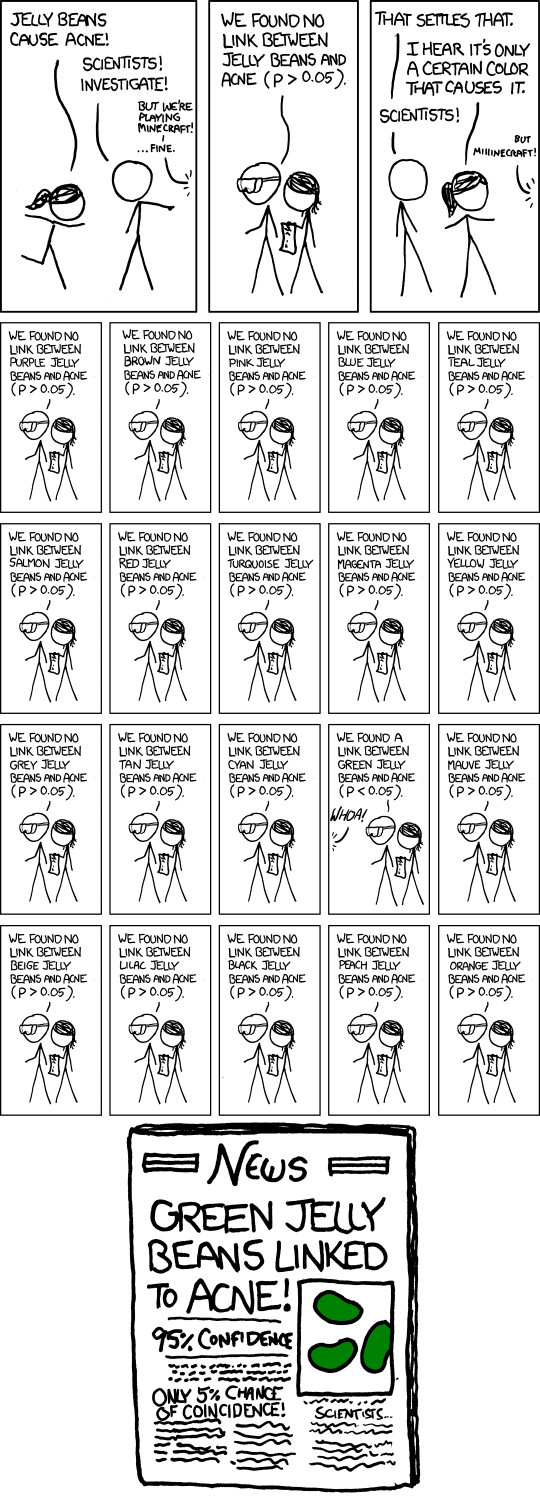[UK] National Statistician’s Reflections on the National Debate on Measuring National Well-being July 2011
Foreword
Introduction
Chapter 1: What is national well-being? … 4
Chapter 2: Why measure national well-being and who will use the measures? . 9
Chapter 3: Measuring national well-being…..15
Chapter 4: Partnerships and next steps..20
References. 24
Notes. 25
Foreword
“On 25 November 2010, I accepted an invitation from the Prime Minister, David Cameron, to develop measures of national well-being and progress. I am convinced that this is something that can only be done with an understanding of what matters most to people in this country.
In response to this invitation, the Office for National Statistics (ONS) undertook a national debate on ‘what matters to you?’ between 26 November 2010 and 15 April 2011. I was impressed by the number of people who were willing to take part in discussions and also by the depth of responses. In total, ONS held 175 events, involving around 7,250 people. In total the debate generated 34,000 responses, some of which were from organisations and groups representing thousands more. The quotes on each page of this report were taken from online contributions, where permission was given to reproduce the participant’s words anonymously. I am grateful to everyone who took the time to take part in the debate, and to those who organised and hosted events.
The debate has helped us identify the key areas that matter most and will help to ensure that the measures we use will be relevant not only to government but also to the wider public. This is crucial to allow for effective development and appraisal of policy for individuals to use information to identify ways of improving well-being, and to allow for assessment of how society is doing overall.
The term ‘well-being’ is often taken to mean ‘happiness’. Happiness is one aspect of the well-being of individuals and can be measured by asking them about their feelings – subjective well-being. As we define it, well-being includes both subjective and objective measures. It includes feelings of happiness and other aspects of subjective well-being, such as feeling that one’s activities are worthwhile, or being satisfied with family relationships. It also includes aspects of well-being which can be measured by more objective approaches, such as life expectancy and educational achievements. These issues can also be looked at for population groups – within a local area, or region, or the UK as a whole.
Developing better measures of well-being and progress is a common international goal and the UK is working with international partners to develop measures that will paint a fuller picture of our societies. This is a long-term programme and I am committed to sharing our ideas and proposals widely. This will help to ensure that UK well-being measures are relevant and founded on what matters to people, both as individuals and for the UK as a whole as well as being reliable and impartial and serving to improve our understanding of UK society.
This report summarises the contributions made to the debate and explains how ONS is using the findings to develop measures of national well-being. I look forward to your further comments and advice in response to this report. These should be sent to nationalwell-being@ons.gov.uk.”
Jil Matheson
National Statistician
See more on the ONS website
Like this:
Like Loading...

